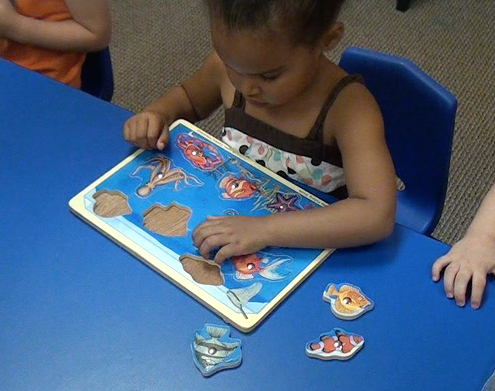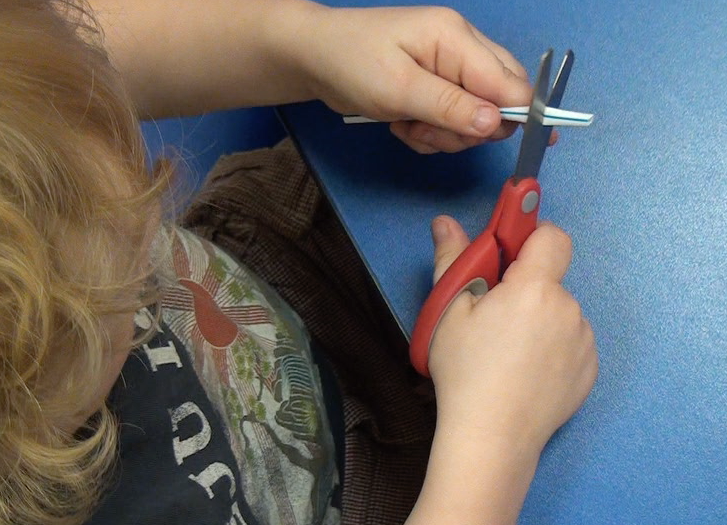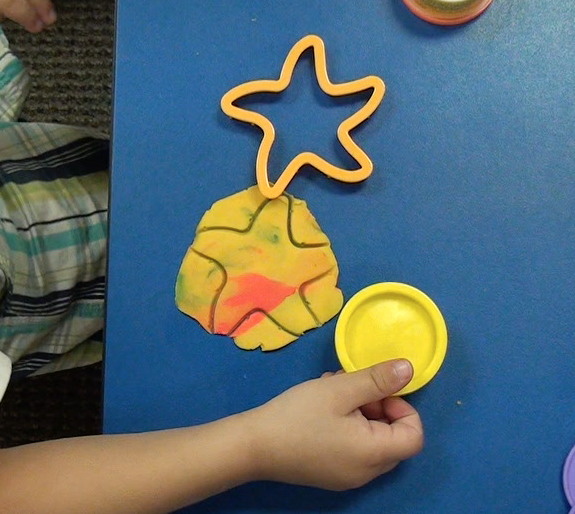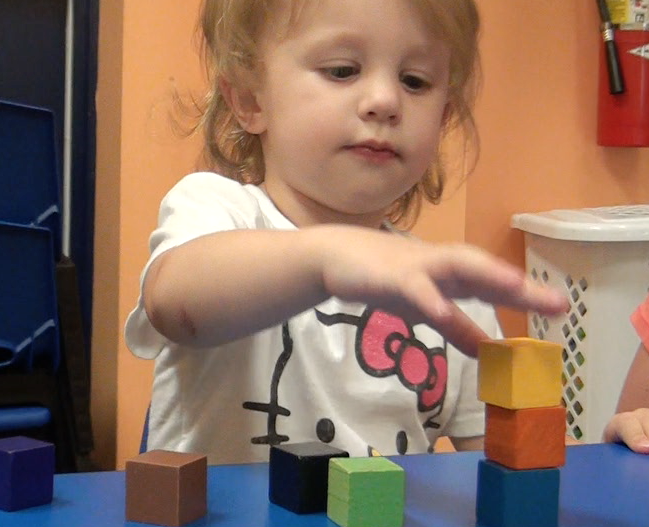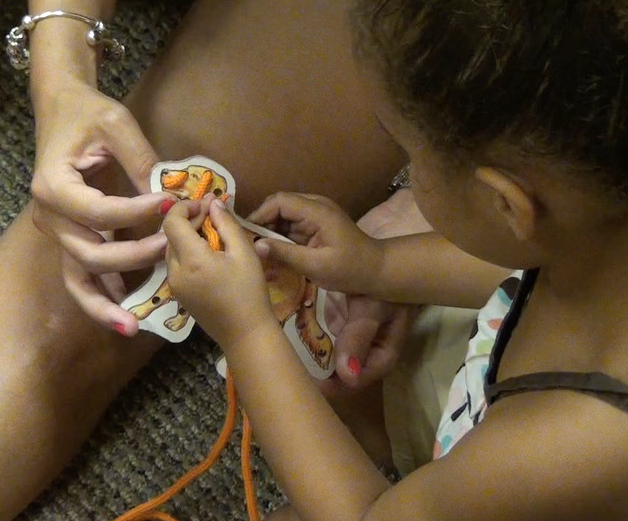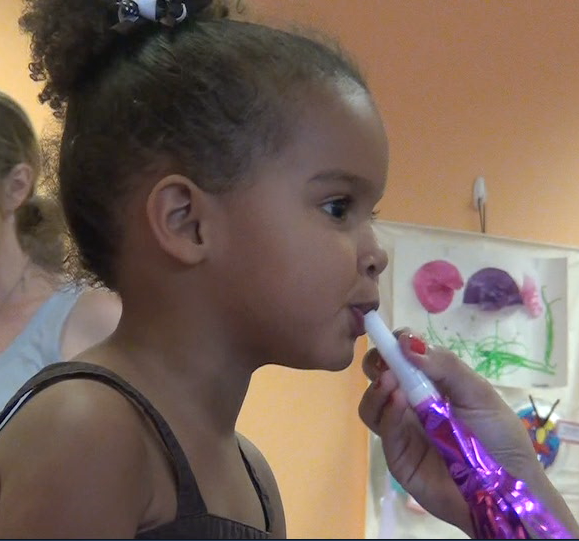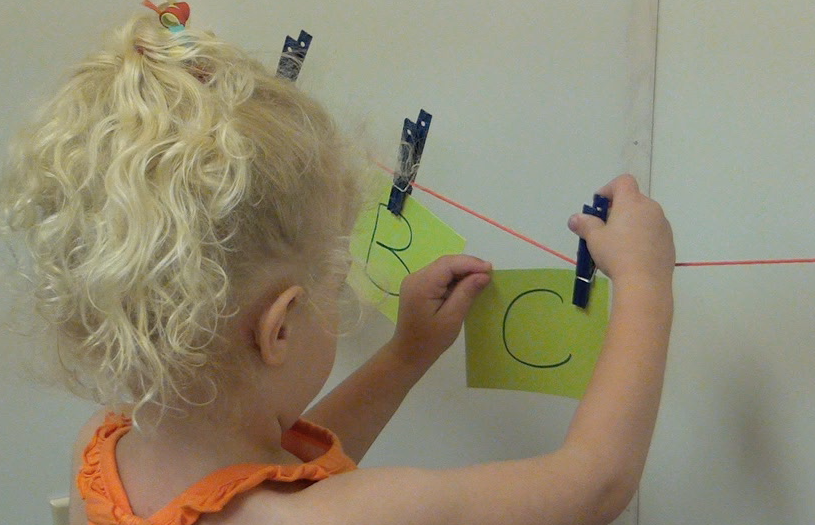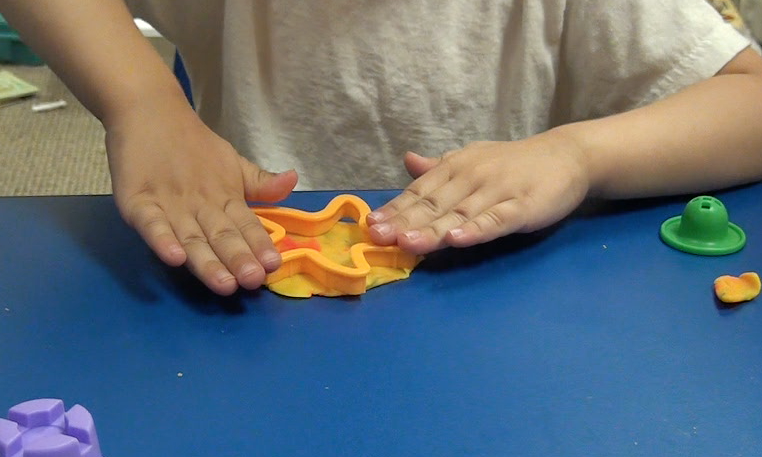STEM Milestones
Children at this age are so curious about their world, the whole world is their science lab!
- Asks appropriate questions
- Is able to follow 2-3 step directions
- Is interesting in learning about the world
- Creates patters (literally and figuratively)
- Asks “why” questions and understands answers
- Likes to take items apart to learn how they work
- Like to construct things such as forts and obstacle courses
- Likes construction toys such as Leggos
- Is able to follow 3-step directions to complete a task
Social/Emotional/language/Play Milestones
At 4-5 years, children are typically participating in pre-school as well as some social activities such as story time, church activities, and play groups. These are great opportunities for children to practice school-readiness activities.
Key Indicators:
- Is able to initiate and play with another child of the same age
- Is able to play in new social situations with new and different children and people
- Enjoys playing with variety of toys intended for children of the same age
- Is aware of risky and unsafe environments and behavior
- Participates in crafts/activities that involve wet or sticky textures, such as glue
- Enjoys rough but safe play with peers, siblings, or parents
- Enjoys swinging on playground swings
- Is able to play with one toy or theme for 15 minute periods of time
Coordination/Movement Milestones
At this age, children are very active and busy. Children are usually able to jump, climb and run at this age. Children are able to coordinate movements needed to play and explore.
Key Indicators:
- Enjoys and seeks out various ways to move and play while standing and on the floor
- Has adequate endurance and strength to play with peers
- Usually walks with heel toe pattern and not primarily on toes
- Is able to throw and attempt to catch ball with two hands without losing balance
- Coordinates both hands to play, such as swinging a bat or opening a jar
- Is able to color and begin to imitate drawing shapes
- Uses appropriate force when playing with peers or pets or when holding objects
Sensory Milestones
Children at this stage like a variety of movements, textures, massage, and music. They are exploring their world by using all their senses.
Key Indicators:
- Hearing is very acute, processes words and voices well
- Uses both hands equally when playing with toys
- Continues to seek out new sensory experiences
Cognitive Milestones
Children at this age start to show some problem solving abilities and higher-level thinking.
Key Indicators:
- Able to identify the correct picture when the image is named
- Uses objects correctly (drinking from cup, brushing hair)
- Able to sort items by color or shape
- Begins to understand patterns
- Engages in pretend play
What Would a Pediatric Occupational Therapist Look For?
Pediatric Occupational Therapists will look for certain developmental milestones when reviewing children’s behavior.
- Verbalizes wants and needs and displeasure
- Holds crayon and attempts to color within lines
- Uses scissors to snip
- Is able to stack 5-6 blocks
- Is potty trained
- Is using a spoon and fork to self-feed
- Is able to dress self
- Able to put on socks, shoes, and coat and able to pull up zippers
- Plays with toys as they are intended to be played with (pushes car on floor, holds dolls appropriately)
- Tolerates clothing and textures against skin
- Has established sleep schedule
- Tolerates haircuts and nail trims
- Can drink from a regular cup without excessive spills
- Manages clothing for toileting
Time to Check with Child’s Healthcare Provider
Parents, be vigilant! You are your child’s advocate. If you see any of the following in your baby’s first 10-12 months, it is time to notify your baby’s healthcare provider so he or she can get the proper medical attention.
- Walks only on tip toes
- Does not run
- Walks while dragging one leg
- Does not talk
- Does not use eye contact
- Does not hold crayon or pencil
- Does not attempt paper and pencil tasks
Self-Care Milestones for Mommy and Daddy
Just as babies have milestones, new parents need to reach important milestones to stay healthy and happy and have the ability to care for your baby!
- Drink plenty of water
- Eat a balanced diet
- When help is offered, take it!
- Get some fresh air (take a walk with your baby when possible)
- Take time to connect with your partner
- Keep a journal
- Make time to connect with friends. Adult conversation is important!
References:
The American Academy of Pediatrics, Pathways, The American Occupational Therapy Association
